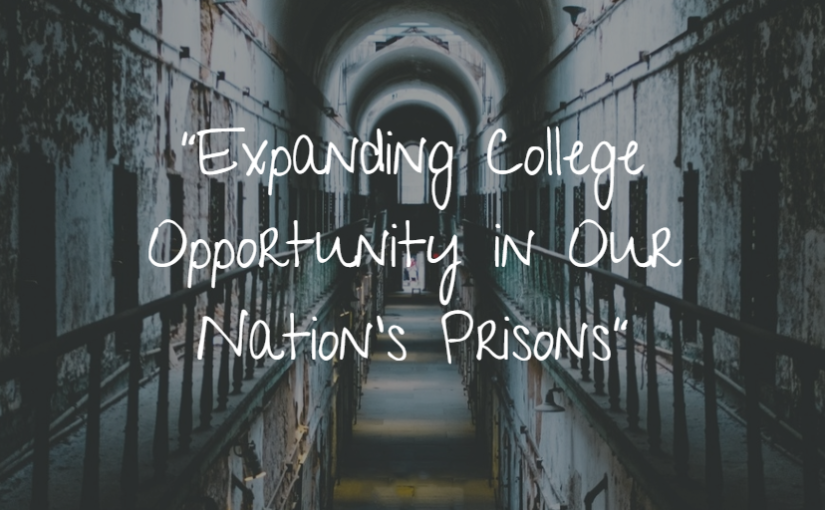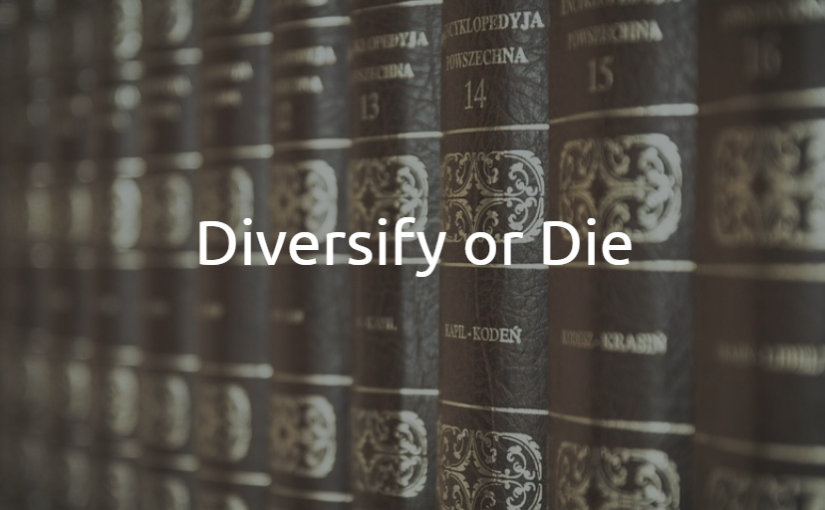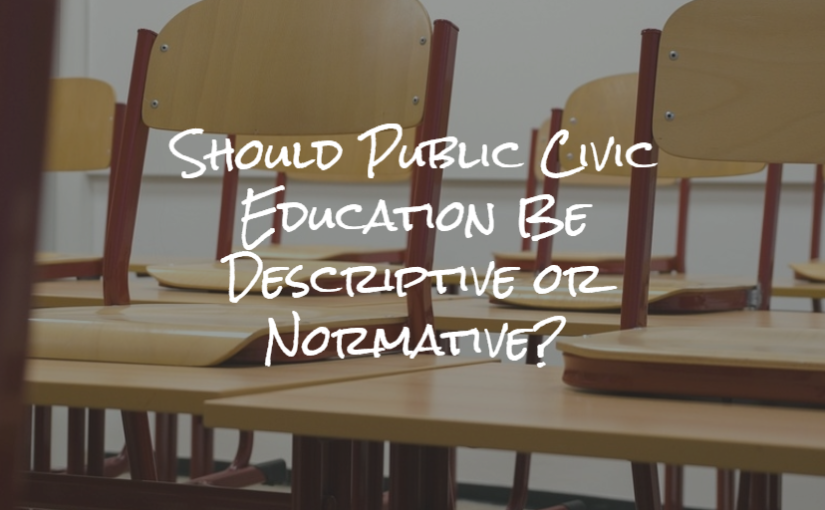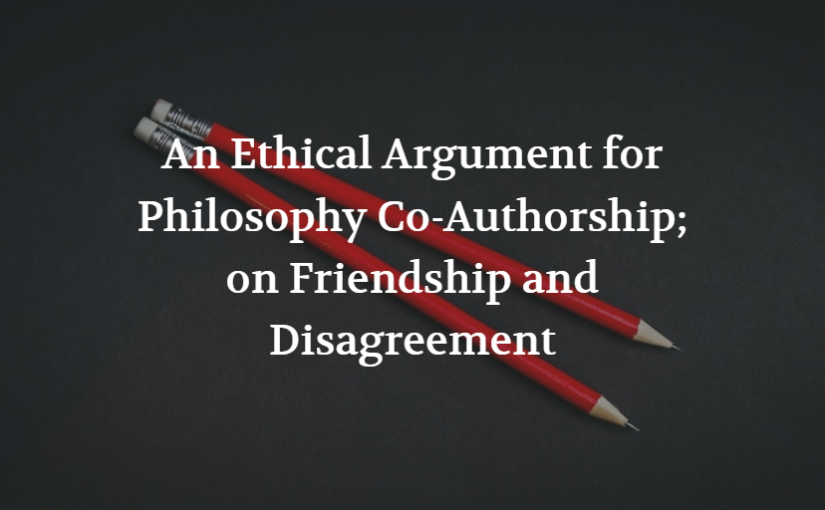Tag: students
-

Loyalty, Research, and Prison Education
I’m in Dallas, Texas for the the National Conference for Higher Education in Prison. Today I’ll be presenting a paper from a larger project on loyalty and social science research methods which draws on an argument I first encountered in Peter Levine’s work. Here’s a link to the PowerPoint of my talk. It is fairly…
-

“Expanding College Opportunity in Our Nation’s Prisons”
College in prisons is the easiest and most obvious of a host of criminal justice reforms that we absolutely must be making and for which there is bipartisan support. We incarcerate 2.3 million people in the US, at a rate more than seven times higher than the global average. We’re not seven times more violent…
-

Diversify or Die
There’s an interesting piece in the Stone today on the consequences of philosophy’s Anglo-European blinders: If Philosophy Won’t Diversify, Let’s Call It What It Really Is. Garfield and Van Norden suggest that the systematic failure to address non-Western sources impoverishes the discipline and belies any claim to universality. And what a wonderfully provocative list of addenda…
-

Should Public Civic Education Be Descriptive or Normative?
What should schools do about the fact that politicians are frequently both wrong and immoral in ways that violate educational norms? How can civics education be civil if civic engagement rarely is?
-
The Two Endings of Brison’s Aftermath
Susan Brison’s Aftermath ends twice: the final chapter discusses her various efforts to retell the story of her brutal rape and attempted murder (she calls it “attempted sexual murder.”) And ends with her final, planned retelling to her son when he is older: “Tragedy,” Wittgenstein wrote, “is when the tree, instead of bending, breaks.” What I wish…
